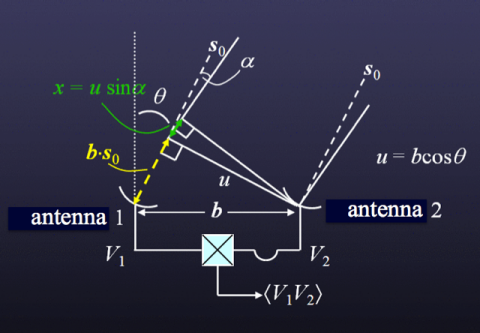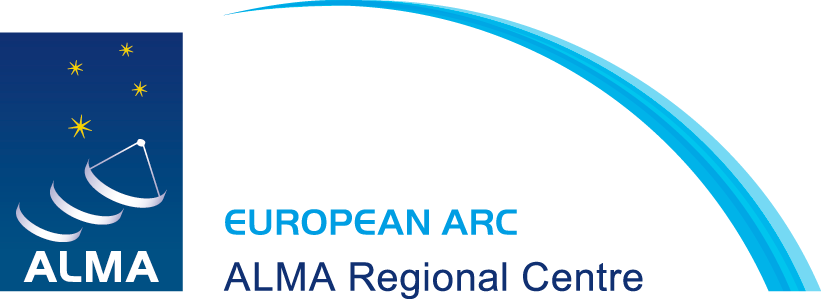Announcement from the German Node
The course Radio Interferometry: Methods and Science will be organized by the German ARC node and offers a hands-on overview of major aspects of radio/mm/submm interferometry for master students, PhD students and senior astronomers. The course is planned to start in April 2018.

Radio Interferometry: Methods and Science

The course "Radio Interferometry: Methods and Science" is organized by the German ARC node and offers a hands-on overview of major aspects of
radio/mm/submm interferometry for master students, PhD students and senior astronomers. After a brief review of the basics of radio interferometry, the lectures focus on the theory and practical aspects of data reduction and analysis, including special observing modes. In addition, hot topics at the forefront of (radio) astronomical research and the latest developments of selected world-leading radio/mm/submm interferometers will be presented by experts of the respective fields.
The lectures are complemented by a hands-on tutorial, where participants discuss how to reduce interferometric data with the Common Astronomy
Software Applications (CASA) package.
The German ARC node offers remote access to the lectures and tutorials on a best-efforts basis via zoom (https://zoom.us) or a similar platform. If you would like to follow the course from a remote location, please contact us before 15 March 2018 at arc[at]astro.uni-bonn.de.
Contact
Dr. Stefanie Mühle
Universität Bonn
Argelander-Institut für Astronomie
European ALMA Regional Centre - German node
Auf dem Hügel 71
53121 Bonn
Germany
Phone: +49 (0)228 733662
Email: arc@astro.uni-bonn.de
Figure
An ideal 1-D two-element interferometer, consisting of two antenna seperated by distance b.

